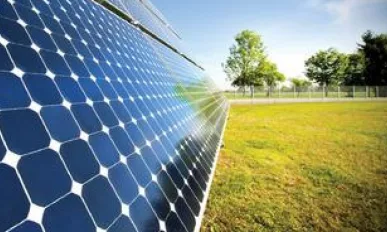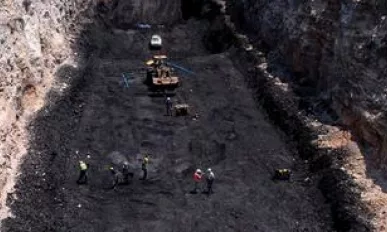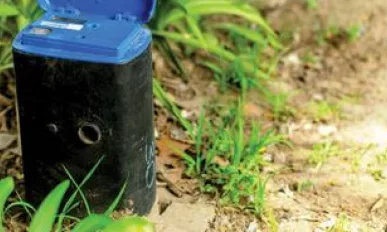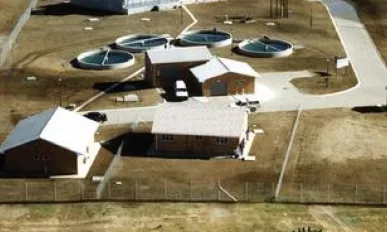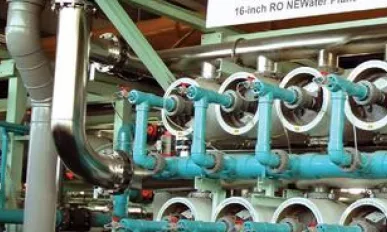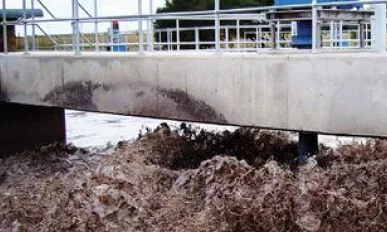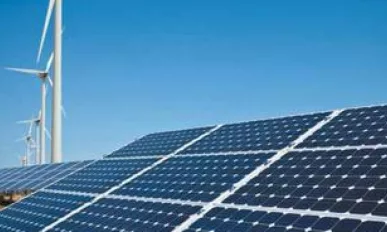Copperbelt Energy Corporation : A Network in Power
Copperbelt Energy Corporation like to play a role in observing and shaping the present and future business environment for the benefit of the company, its customers and its suppliers.
African Energy Resources : Calculated Coal Mining
African Energy Resources (AFR) Director Dave Edwards believes that this year will be a positive one for the company
Lesira-Teq : Intelligent Water Metering
Lesira-Teq sells and supports intelligent metering technology and equipment in South Africa.
Amanz’ Abantu Services : Water for the People
Amanz’ abantu Services was established as a private South African company in 1997 with the aim of providing water supply and sanitation services for peri-urban and rural populations in the Eastern Cape, one of the poorest regions of South Africa.
NuWater : Leading the Way with Water
Nuwater is a specialist provider of solutions and services for the treatment, reclamation and re-use of wastewater as well as the desalination of sea and brackish water.
S.A.M.E Water : Water Works
S.A.M.E Water, formed in September 1966, has had a “successful range” of wastewater treatment equipment “designed to fulfil an entire spectrum of needs from the most basic to the most sophisticated equipment available,” according to managing director Frank Schulz.
BioTherm Energy : Winds of Change
Africa Outlook talks to green energy specialist Jasandra Nyker, CEO of independent power producer BioTherm Energy.



